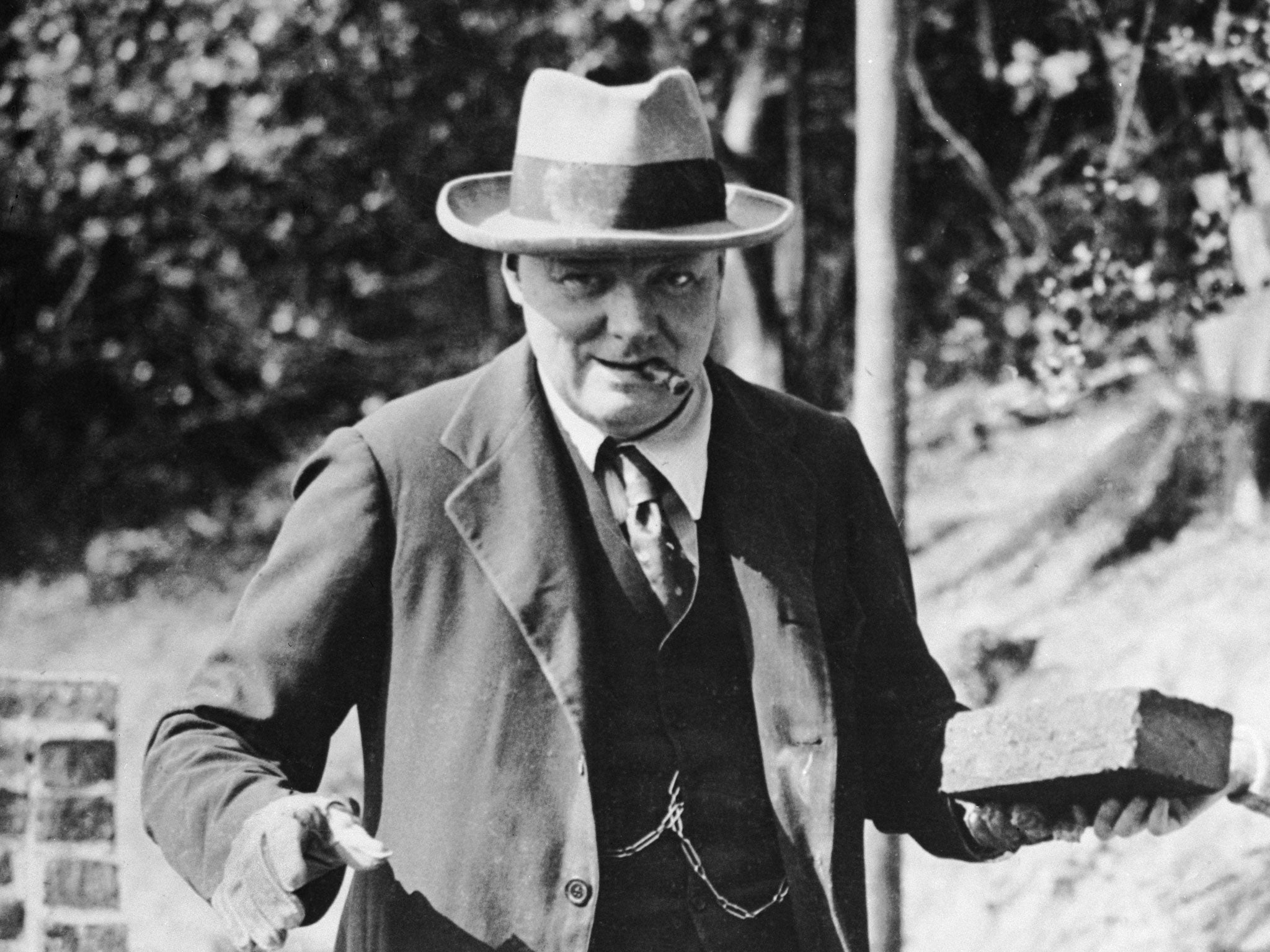We say we want our politicians to be more human – but we damn them when they are
If we mourn the passing of the Churchill era then we need to cut our representatives more slack


The words “It’s going to be a long election” have been uttered by me several times in the past few weeks. I realise that coming from a political journalist this is a bit like a butcher going off steak and cultivating a taste for quinoa. But I found myself saying it again when Chuka Umunna, the shadow business secretary, walked out of an interview with Sky News’ Dermot Murnaghan on Monday because he refused to go “off piste” and say whether a ministerial letter to mosques was “patronising”.
For the avoidance of doubt, I am with Umunna on this one. The MP was on Sky News to talk about David Cameron’s speech on the economy. Murnaghan asked him to comment on the letter from Eric Pickles to 1,100 Muslim leaders and imams to do more to root out extremism. Umunna said a lot were doing this already, but added that he hadn’t read the letter. He didn’t dodge the question. Yet Murnaghan went on and on, asking the Labour MP if he wanted another half an hour to read it and come back. Why wouldn’t he say it was patronising, the presenter asked? Umunna didn’t exactly walk out halfway through the interview, he just stood up at the end and stormed off, which seemed a totally justified response.
The public, post-expenses scandal, wants politicians to be more honest and trustworthy. And trust in politics is so low that a YouGov poll for Southampton University has found that only one in 10 voters believe politicians want to do “their best for the country” – down from 36 per cent 70 years ago. It is no wonder that 7 May is likely to be decided by what I’ve labelled the “rejectorate” – voters who have rejected the mainstream political parties in favour of Ukip, the Greens and the SNP. Yet when we are presented with the unvarnished raw emotion of MPs, we journalists can do nothing but jeer. We are fuelling this discontent.
At the weekend, when the former mayor of Doncaster Martin Winter’s account of his one-time house guest Ed Miliband was published, the Labour leader was cast as a “bumbling oddball” who had, wait for it, “awkwardness with children”. Oh my, being awkward with children? That’s surely on a par with armed robbery. How can he ever be prime minister? (I think Miliband can relax: I am awkward with most children other than my own. It is not something to be embarrassed about.)
Meanwhile Jeremy Paxman, in a piece for the Radio Times to mark the 50th anniversary of the death of Winston Churchill, says the wartime prime minster would never be elected today because Westminster is so dominated by spin and PR polish. Churchill was, according to Paxman, a “ruthless egotist, a chancer, and a charlatan at times” who would be “suffocated by the spinning and posturing that pass for politics today”. I agree. Churchill was certainly of his time, and it is impossible to compare him to any MP in the House of Commons today because the age of the political titan is passed. For a start, we are not in the midst of a world war. But politics itself has become less fabled and more trivial. Parliament is not the great debating chamber it once was. I don’t believe we should go around displaying hushed reverence towards every MP. But in exchanges like that between Murnaghan and Umunna, a bit of courtesy wouldn’t go amiss. It is clearly what the voters want.
The political class is responsible for this spin and posturing, but we journalists now expect every MP to toe the line. When they do not, we hunt out flaws, gaffes and walk-outs. We are so used to politicians spinning that it has become a game when one becomes unspun. It is fun, I’ll admit. As I said, it’s going to be a long election.
#JeSuisSedef
At least British journalists can write and say what they want. In Turkey, the broadcaster Sedef Kabaş faces five years in jail for a single tweet. In a tweet in December she urged people not to forget the name of the judge who dropped a corruption probe involving former Cabinet ministers and other prominent figures. Kabaş was arrested on 30 December, and, although she was later released, had her mobile phone, tablet and computer seized by police. Kabas faces a lengthy jail term, with prosecutors drawing up charges of “targeting people involved in the fight against terrorism and making threats”.
Turkey wants to join the European Union, yet it often comes top of the world ranking for jailing journalists. Given that it was a single tweet which has led to this alarming development, shouldn’t Twitter be mobilised and the case given wider coverage? A good place to start would be a hashtag: how about #JeSuisSedef?
Join our commenting forum
Join thought-provoking conversations, follow other Independent readers and see their replies
Comments
Bookmark popover
Removed from bookmarks